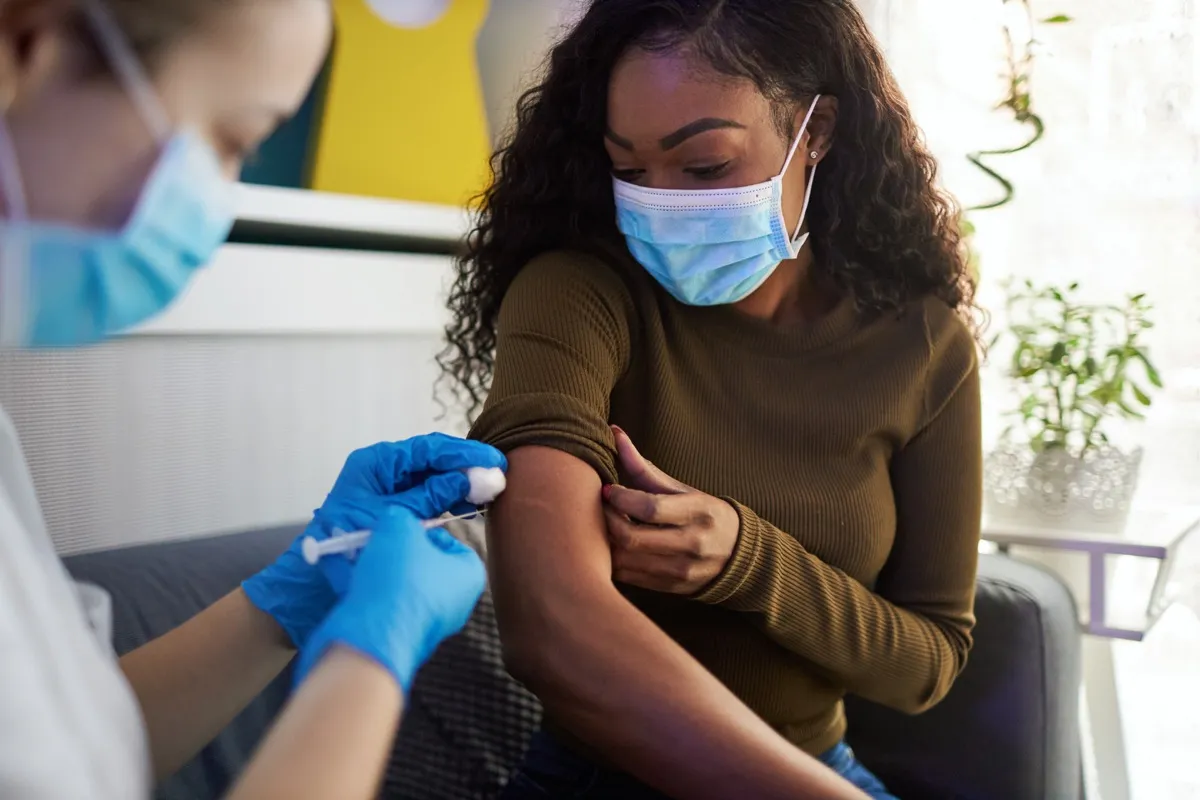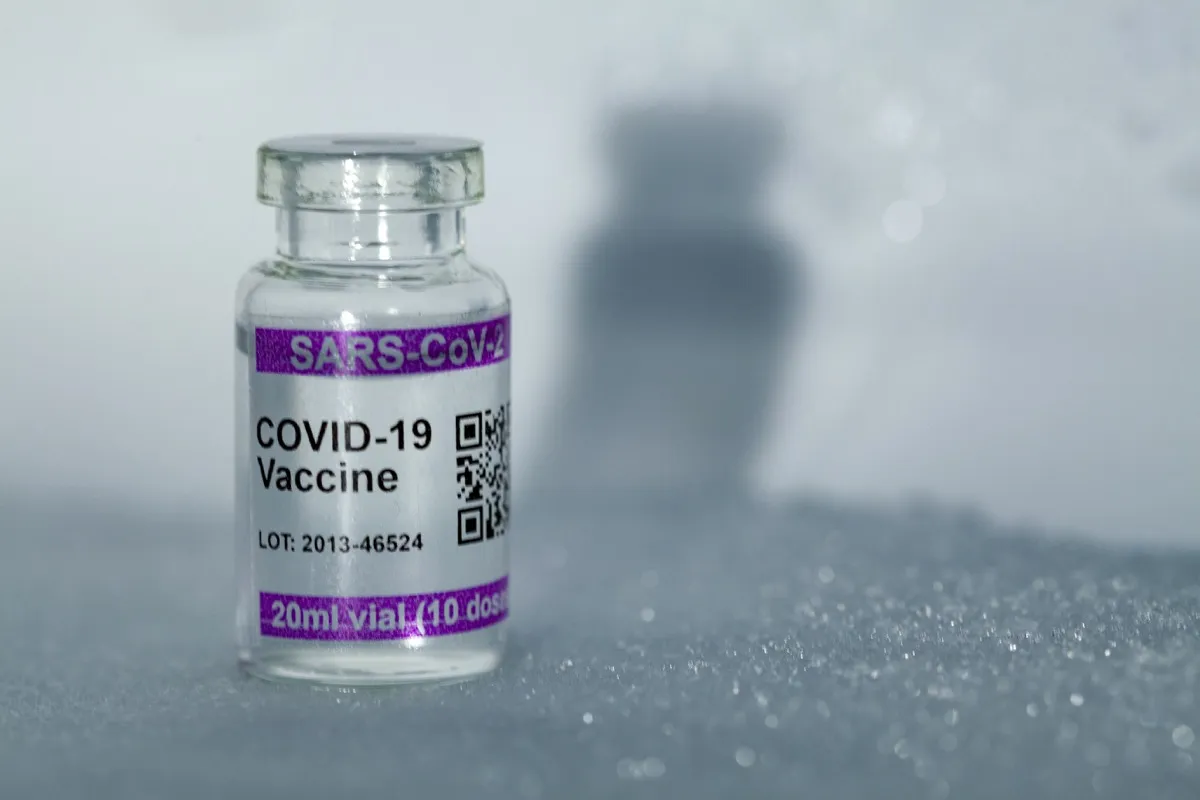Professor Shabir Madhi, who led trials for the Oxford-AstraZeneca vaccine in South Africa, told the BBC it’s a “reasonable concern” that the “South African variant might be more resistant” to the vaccine. Madhi added that while it’s “unlikely” that the mutation would render the current vaccines completely useless, it might “weaken the impact.” As reported by CNBC, U.K. Health Secretary Matt Hancock told the BBC’s Today program that he is “incredibly worried about the South African variant.” Hancock said it’s “a very, very significant problem … It’s even more of a problem than the U.K. new variant.” And for more up-to-date information, sign up for our daily newsletter. “The mutations associated with the South African form are really pretty substantial changes in the structure of the protein,” Sir John Bell, who led the development of the AstraZeneca-University of Oxford COVID-19 vaccine, told Times Radio. These significant structural alterations could keep the vaccine from working properly against the new strain. “The protein has a domain, which binds to the human cells—it’s called the receptor-binding domain, and it’s where the virus attaches itself,” explained Bell. “If you get an immune response that protects you, one of the ways it protects you is it gets in the way of that binding event. So you rely on antibodies to bind to that domain to stop the virus from binding onto yourself. That’s basically the whole basis for vaccines. If you get an infection, you make antibodies to that domain that prevent you from getting reinfected. So, if you mess around with that, you’re in trouble.” In other words, the newest strain might be more adapted to binding, and in a way the antibodies are less efficient at preventing. And for more on the vaccine, discover The One Side Effect Dr. Fauci Is Worried About With His Next COVID Shot. Even if the vaccine doesn’t work against the newest strain, experts believe the vaccine could be adjusted to account for the new development of the virus’ proteins. Vaccine expert Helen Rees told the BBC, “Should further modifications of the vaccine be required to address the new variants, some of the vaccine technologies under development could allow this to be done relatively rapidly.” And for more on the current state of the pandemic, This Is How Bad the COVID Outbreak Is in Your State. Madhi told the BBC that we’ll know about the efficacy of the vaccine against the newest strain of COVID “over the next few weeks.” Scientists will have to do extensive testing to understand how the South African strain interacts with the vaccine. And for more on vaccine distribution, These States Have Had the Slowest Vaccine Rollout.ae0fcc31ae342fd3a1346ebb1f342fcb



